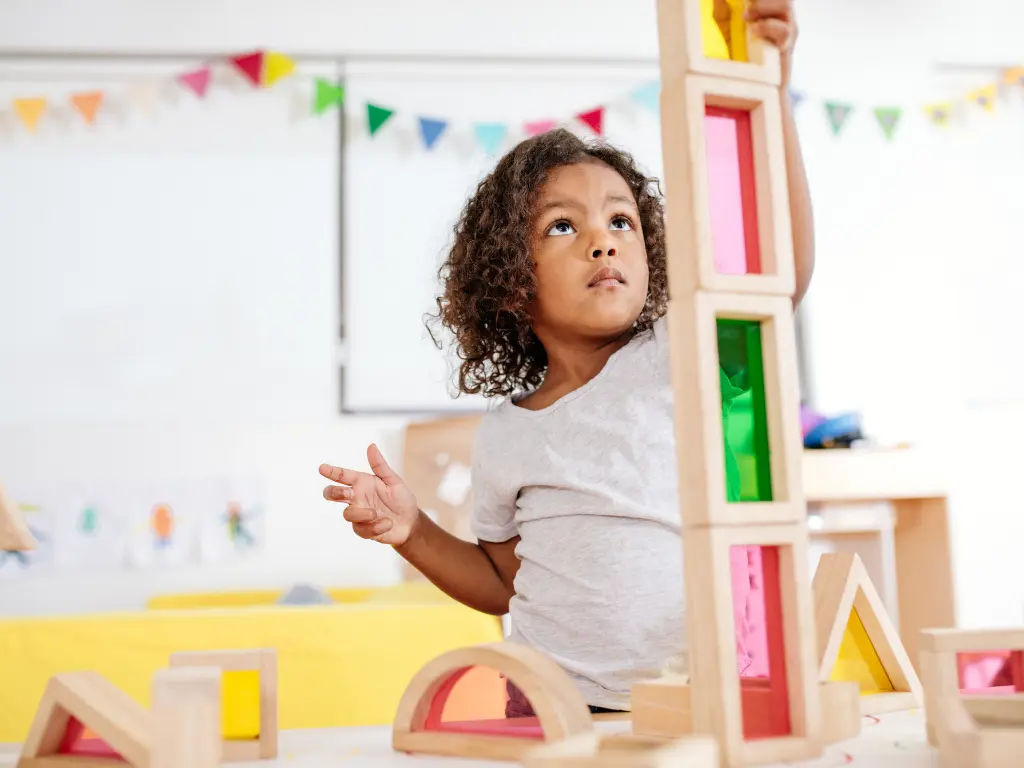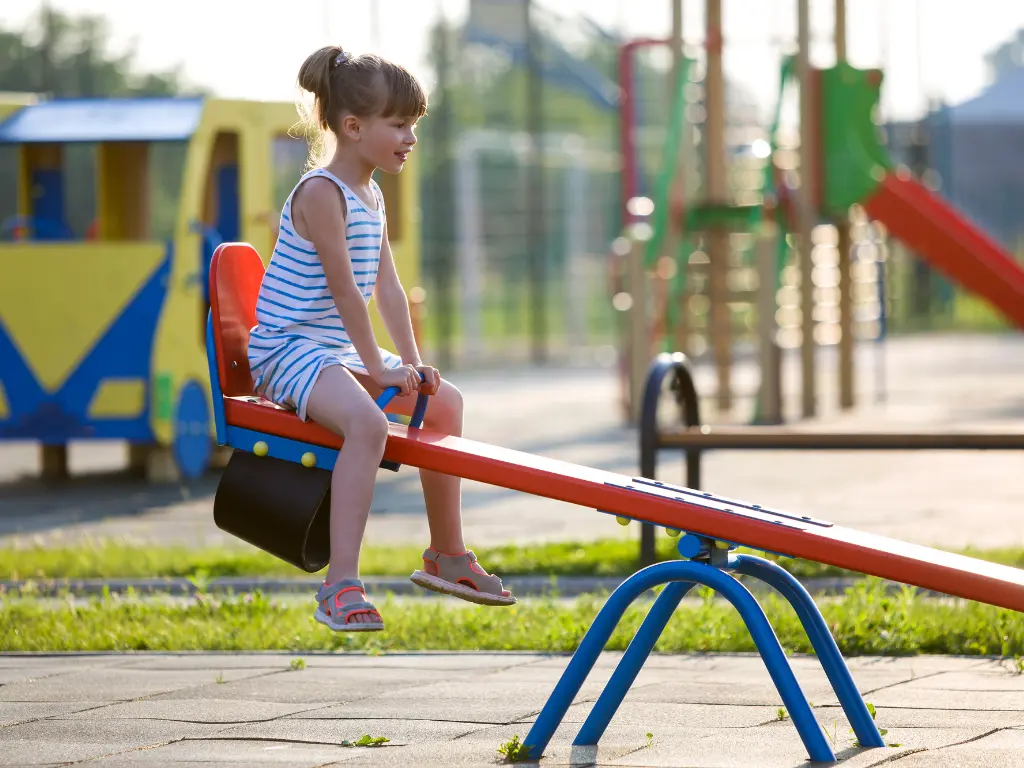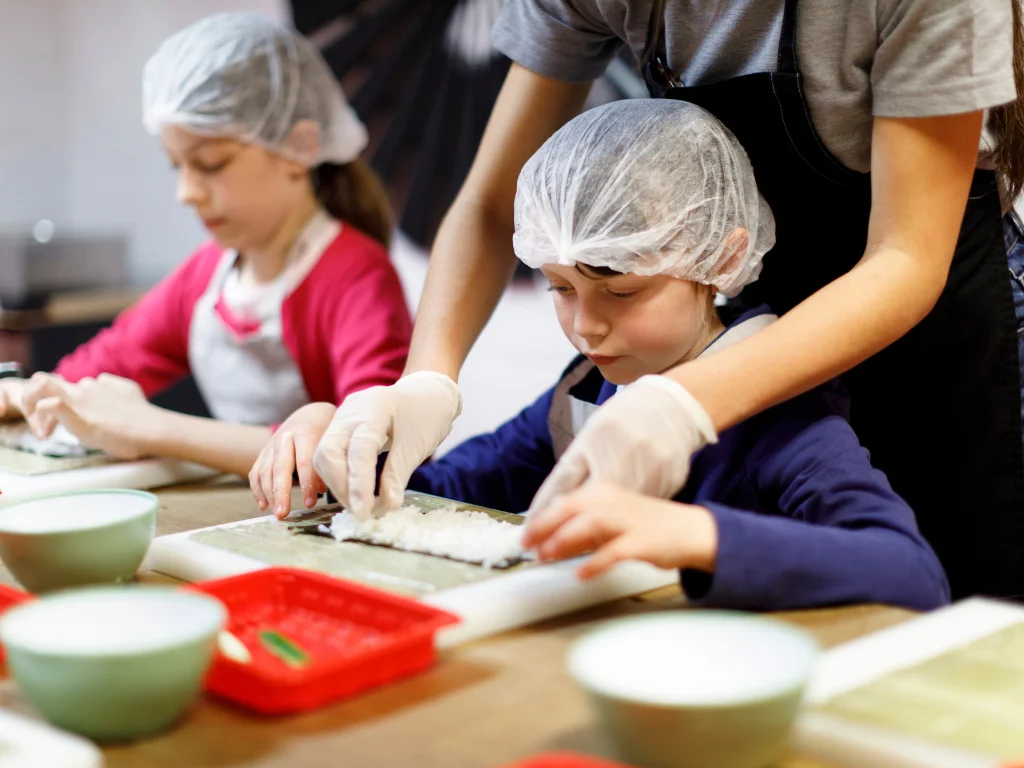In the hustle and bustle of our daily lives, parents often find themselves in the challenging position of keeping their children engaged and occupied at home. Whether it’s school holidays, weekends, or unexpected circumstances like a global pandemic, the need to provide children with meaningful and enjoyable activities is constant. This article will guide you through creative and effective ways to keep your child busy at home, ensuring a balance between learning, playtime, and family bonding.
Introduction- How To Keep Your Child Busy
In the modern era, where screens and technology can easily captivate a child’s attention, finding ways to keep them occupied with productive and enjoyable activities is crucial. Parents face the dilemma of striking a balance between work responsibilities and ensuring their child’s well-being. The following strategies aim to address this challenge, offering a diverse range of activities to keep your child busy and stimulated.
Create a Schedule

Establishing a routine is essential for a child’s development. It provides structure and predictability, creating a sense of security. A well-thought-out schedule should incorporate both educational and recreational activities, ensuring a harmonious blend of learning and playtime.
Educational Activities

Harness the power of online resources to facilitate learning at home. Numerous platforms offer interactive lessons, educational games, and virtual field trips. Additionally, engage your child in do-it-yourself (DIY) educational projects, fostering a love for exploration and discovery.
Outdoor Activities

Encourage safe outdoor play to promote physical activity and a connection with nature. Whether it’s a backyard adventure, a nature scavenger hunt, or simple gardening tasks, outdoor activities contribute to a child’s overall well-being.
Also Read : Parenting Hacks for Busy Moms
Indoor Games

Board games, puzzles, and creative indoor activities can be both entertaining and educational. Choose games that align with your child’s age and interests, fostering cognitive development and problem-solving skills.
Arts and Crafts

Unleash your child’s creativity through arts and crafts. Provide them with DIY craft projects, allowing them to express themselves and develop fine motor skills while having fun.
Cooking Together

Introduce your child to the kitchen by engaging in simple and safe cooking activities. Cooking together not only enhances their culinary skills but also provides valuable bonding time.
Reading Time

Immerse your child in the world of books. Reading helps improve language skills, stimulates imagination, and instills a love for learning. Select age-appropriate books and create a cozy reading corner at home.
Also Read: How to Improve Child Mental Health
Screen Time Management
While screens have become an integral part of modern life, it’s crucial to manage screen time effectively. Set limits on recreational screen time and ensure that educational content is prioritized.
Family Bonding Activities
Participate in activities as a family. Whether it’s a board game night, a movie marathon, or a collaborative art project, these shared experiences strengthen familial bonds.
Virtual Playdates
In an era of connectivity, organize virtual playdates for your child. It allows them to connect with friends, fostering social skills and maintaining relationships despite physical distances.
Mindfulness and Relaxation
Teach your child mindfulness and relaxation techniques. Introduce simple meditation exercises or calming activities to help them manage stress and develop emotional resilience.
Physical Activities
Incorporate indoor exercises and workouts into your child’s routine. Dance and movement activities not only keep them physically active but also contribute to their overall well-being.
Celebrating Achievements
Implement a positive reinforcement system for tasks completed. Celebrate your child’s achievements, no matter how small, to motivate and encourage continued engagement.
Conclusion-How To Keep Your Child Busy
Keeping your child busy at home is not just about filling their time but fostering holistic development. By incorporating a mix of educational, recreational, and family activities, you create an environment that nurtures their physical, mental, and emotional well-being. The benefits extend beyond the immediate task of keeping them occupied, contributing to their long-term growth and happiness.
Must Read: How to Hide Your Activity Status on Instagram
FAQ How To Keep Your Child Busy
Ans. It is recommended that children aged 2 to 5 have no more than one hour of screen time per day, and older children should have consistent limits on recreational screen time
Ans. Simple recipes like no-bake cookies, fruit skewers, and homemade pizzas are great options for engaging kids in the kitchen.
Ans. Create a designated reading space, set aside dedicated reading time, and involve them in choosing books based on their interests.
Ans. Yes, virtual playdates provide opportunities for social interaction, fostering communication skills and maintaining connections with friends.
Ans. Prioritize a balanced routine, allocate specific time slots for various activities, and be flexible to accommodate your child’s needs.










